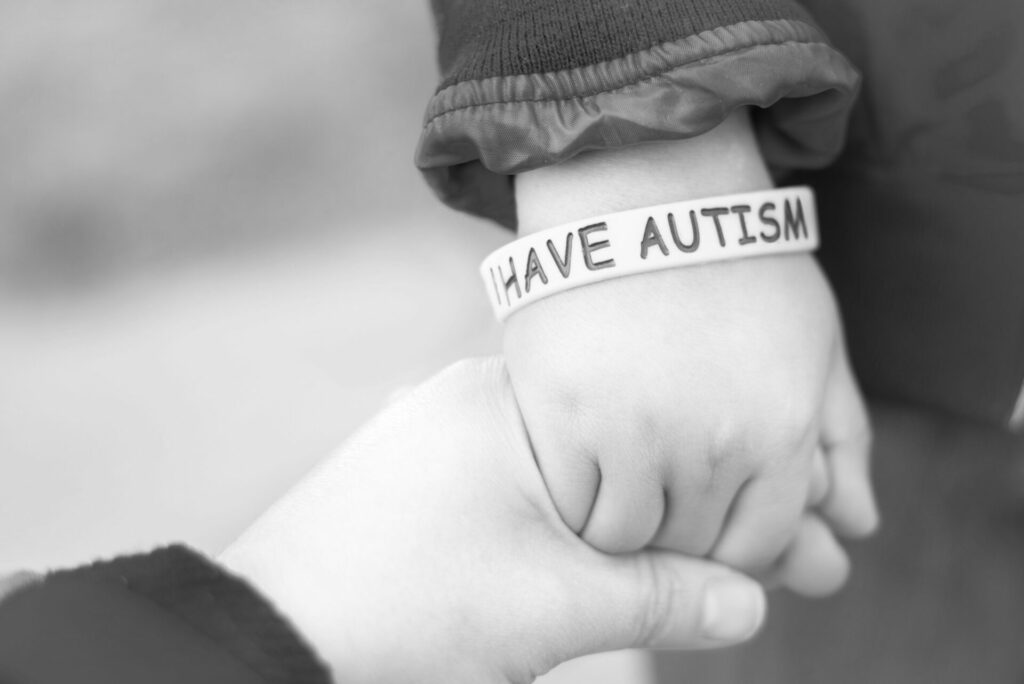Liv is at her desk when her manager calls out that he’s looking for a volunteer to be in the office at the weekend. A special delivery is arriving and the caretaker is on leave.
Without even thinking about her nephew’s fifth birthday party, which she’s promised to go, Liv, a product designer, gives her boss a wave and says: ‘That’s fine, I can be here,’ while her colleagues breathe a sigh of relief.
It isn’t the first time that 34-year-old Liv has put herself out for work. She regularly volunteers to get in early and go home late, to sort out difficult clients and to chase payments. She once even sweltered for two whole days over a weekend waiting for someone to go in and fix the air con and is always the one who fetches the whole team coffee.

The office expects her to volunteer, and she doesn’t ever disappoint, even when she has plans to see friends and family, or when she’s tired or ill.
‘I get upset because people don’t how much I do, or appreciate me. I just hope people aren’t taking advantage of me for being too nice.’
‘I don’t mind helping out,’ says Liv, ‘because it makes me feel valuable and really useful. That’s the point of being part of a team. It’s why I’ll get coffee for my colleagues or pick up lunch for us all on the way back from a meeting. They almost expect it of me now.
‘Once every few months, I’ll get upset because I don’t think people realise how much I do, or appreciate me. But I don’t have time to dwell on that as there’s always another job or favour to do on a long list. I just hope people aren’t taking advantage of me for being too nice.’
According to stress and anxiety expert Becki Houlston, Liv isn’t alone. Many of us are just too nice for our own good and unfortunately we get put upon – by our families, our friends, our colleagues and even our neighbours.
Kind or Too Nice?
But in a society where doing random acts of kindness is encouraged, how do we know if we’re just being kind or if we’re actually too nice?
‘People who are too nice put everyone else’s needs before their own,’ Becki explains. ‘They always offer to help. In fact, they’ll prioritise other people over themselves.
‘People who behave this way are trying to earn love. As children, they were probably told: “Don’t be naughty or I won’t love you,” or they thought they’d only be loved if they were doing something for someone else’
‘They may have had a hectic day at work, and a busy home to go back to, but they’ll volunteer to stay late to meet a client who’s been delayed at the airport, or they’ll offer to pick up everyone else’s children from football practice. They often don’t even need to be asked.
But why do we do this? Are people who are over-nice just doormats in disguise? Becki explains the tendency to be too nice usually has its roots in childhood.

Self-worth
‘People who behave this way are trying to earn love,’ she says. ‘It’s a condition of worth. As children, they were probably told: “Don’t be naughty or I won’t love you,” or they thought they would only be loved if they were doing something for someone else.’
Becki says children from volatile homes where tempers fray become too nice because they want to keep the peace, and they think keeping everyone happy will achieve that.
‘By being too nice and looking ahead at what everybody needs, it’s their way of staying safe in an uncertain atmosphere,’ she says.
‘But once these children start to think they can earn love, they then become afraid of losing it, so they’re even keener to please people. But the old saying about trying to please everybody and ending up pleasing nobody is so true. We can’t keep everyone happy and trying to do so comes at a huge cost.’
Underpaid and Undervalued
Research has proved there is some truth in the old adage that nice guys finish last, at least when it comes to salaries. Researchers at the University of Sheffield, in the UK, discovered that friendly staff received lower wages than their less agreeable colleagues, despite working just as hard.
The study found that agreeable staff were reluctant to push for pay rises, were too focused on teamwork and were too concerned about being liked.
But how do we know if we’re being so nice, we’re in danger of being put upon or even jeopardising our career?
According to Tanya Sibley, a certified hypnotherapist practitioner and founder of Rapid Mind Therapy, based in Abu Dhabi, the answer lies in where we fit on the aggressive-assertive-passive spectrum used in psychology.

‘People pleasers tend to be more on the passive aggressive end of the spectrum,’ says Tanya. ‘They developed learned helplessness as a child and they have a lack of self-love. They won’t take any responsibility for their own failures and mistakes. They hold on to resentment and they tend to procrastinate – they will show up late to social commitments without apologising or being held accountable.’
Tanya adds that people with passive traits feel terrified of letting others down or disappointing them, for fear of being disliked and losing their right to have an opinion.
Often, those who are too nice harbour resentment and blow a fuse once or twice a year, as Liv confesses she does.
Becki continues: ‘They say yes, yes, yes to everyone’s face, but behind the scenes, they’re resentful they do so much for people who don’t appreciate them.
‘When relatives call round at mealtimes, the people pleaser smiles and says: “Come in, you must stay and have something to eat.”
‘But inside she’s thinking: “Why do they always come at this time?” and she complains about them endlessly to her friends. There’s this discrepancy going on between what she’s thinking on the inside and what she’s doing on the outside.”
Saying No
So how can we start to break this pattern? Is it even possible after decades of being too nice?
‘Begin by saying no to requests,’ suggests Becki. “If you’ve always been too nice, yes will be your favourite word, and you’ll find it hard to say no because you’ll be afraid of losing love. Just try it on little things. If a friend suggests coffee tomorrow and it’s not ideal for you, say tomorrow’s not good, but next Tuesday works.
‘Next, ask for help. Usually people who are too nice only ask for help when they’re on their knees and ill or injured. They do everything people want and ask, without any thought for themselves.
‘Put a rota in place at home, ask the children to empty the dishwasher or your husband to walk the dogs.
‘At work, ask a colleague to get the coffees, meet a client or collect something from reception. It doesn’t always have to be you doing things.’
The final stage is about setting boundaries. ‘Work out what’s important to you,’ says Becki. ‘It may be your children, your weekends, even getting home on time to watch your favourite TV show. Then retrain people to respect your priorities.
‘It won’t be easy because they may have got used to you dropping everything to pick their kids up from gymnastics or staying up late to bake cakes for the school fair because no one else has time to make any.
‘Next time your manager asks for a volunteer to be around at the weekend, say nothing, and if they ask you directly, say you have plans for Saturday. Don’t explain further because then they might start suggesting ways you could change what you’re doing.’

The secret, says Becki, is to start treating yourself as you treat other people. ‘When you’re on a plane, you have to put your oxygen mask on before you can help other people,’ she says. ‘When you’re nicer to yourself, you’ll end up with a higher self-worth. And the things you do for others, you’ll do because you want to do them, not because you’re trying to get their love.’
- Tanya Sibley is a certified Rapid Transformational Therapist and a member of the International Association of Therapists.
- Becki Houlston is a UK stress and anxiety expert, who coaches people from all over the world www.beckihoulston.co.uk













